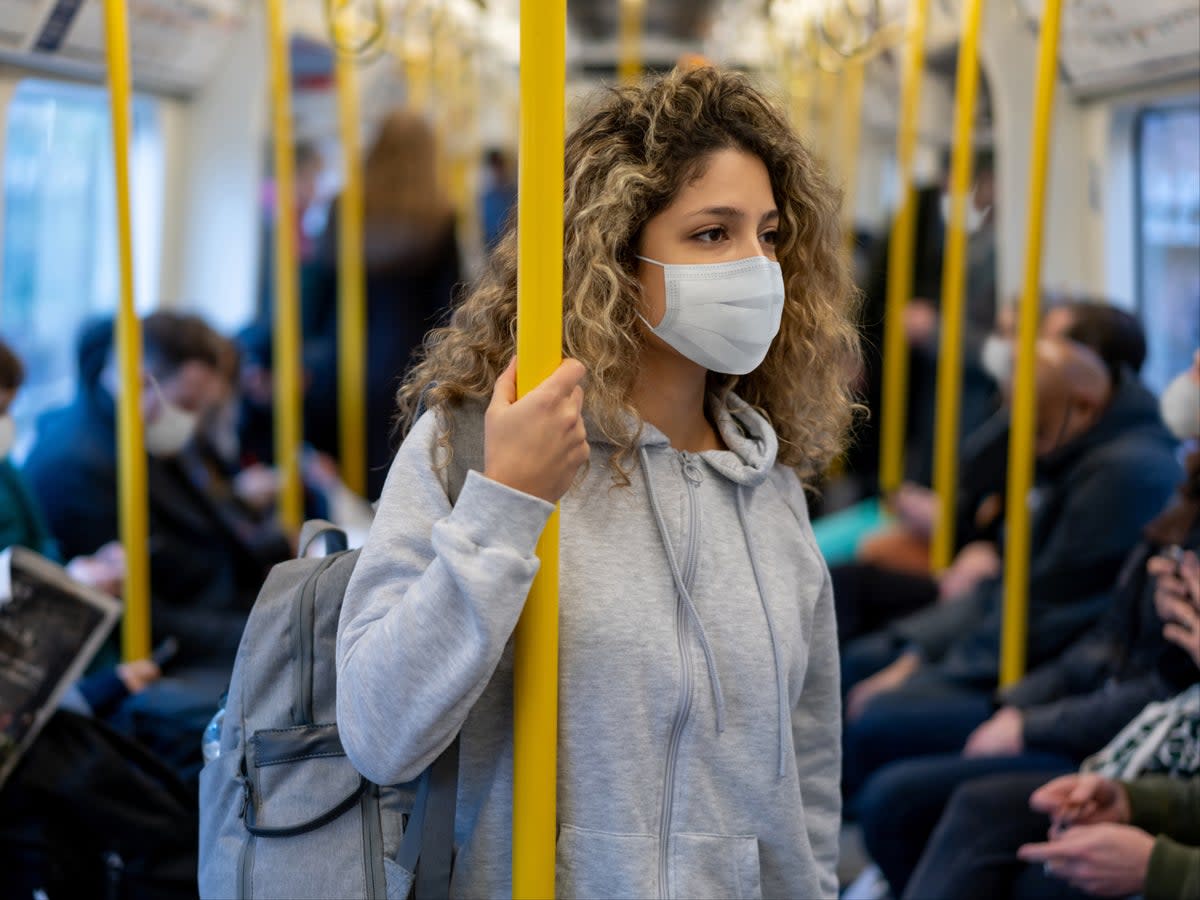Third of millennials support closure of nightclubs as Covid cases surge

A third of millennials support the immediate closure of nightclubs amid a surge of symptomatic Covid cases across the UK, research reveals.
A survey by More in Common showed 33 per cent of those aged between 25 and 40 said they support the government reintroducing the closure of nightclubs as Covid cases surge.
It comes after 97,904 symptomatic Covid-19 Omicron cases were reported across the UK as of 6 December, according to a ZOE health study.
Up to 31 per cent of Generation Z (age 18-24) supported the same measure, compared with 27 per cent of Generation X (age 41-55) and baby boomers (age 56-74), and just 23 per cent of the silent generation (age 75+).
Meanwhile, nearly half of all those surveyed supported the reintroduction of mandatory face masks or facial coverings, according to the survey.
Forty-one per cent of Gen Z supported the measure compared with 44 per cent of millennials; 46 per cent of Gen X; 46 per cent of Baby Boomers and 45 per cent of the silent generation.
Only 12 per cent of the silent generation supported the closure of pubs and restaurants, compared with 17 per cent of baby boomers, 18 per cent of Gen X and 25 per cent of Gen Z and millennials.
More in Common UK associate Ed Hodgson told The Independent: “The results also make clear the more authoritarian tendencies of some sections of the British public – who are often very happy to back surprisingly heavy-handed government interventions.
“This is best encapsulated by our “Loyal National” (Red Wall) segment, who have the highest support for reintroducing these measures, and are also more likely to support a more interventionist state in general.”
He explained that despite many people in the UK having negative memories of lockdown, there are groups who look back at the period with nostalgia.
“We consistently find people in our focus groups who look back at the time nostalgically – enjoying either the slower pace of life that came with lockdown, or the time it gave them to spend with their family or focus on personal projects,” Mr Hodgson added.
JN.1, a sub-lineage of Omicron, has been categorised by the UK Health Security Agency (UKHSA) because of its mutation and “increasing prevalence within the UK and international data”.
Head of primary care and public health at Imperial College London, Prof Azeem Majeed, said JN.1 “appears to be the fastest growing variant in the UK at the moment”.
The World Health Organisation (WHO) is currently monitoring the variant, but it has not yet been designated as a Variant of Concern (VOC).


